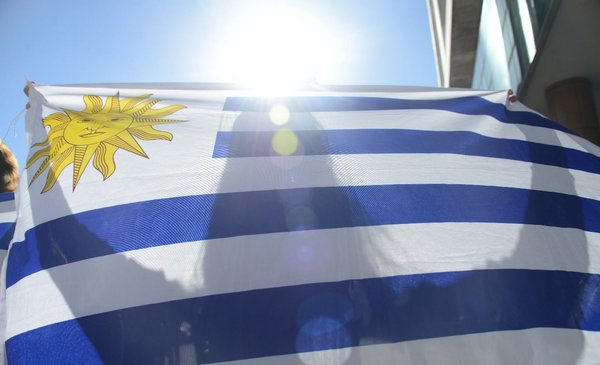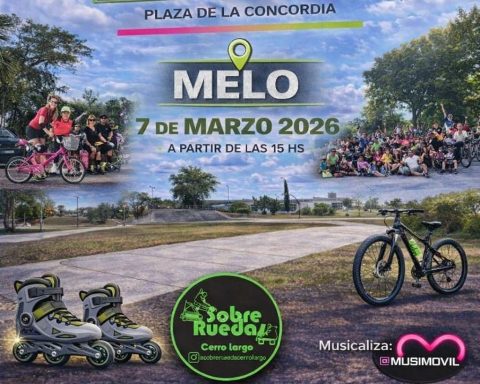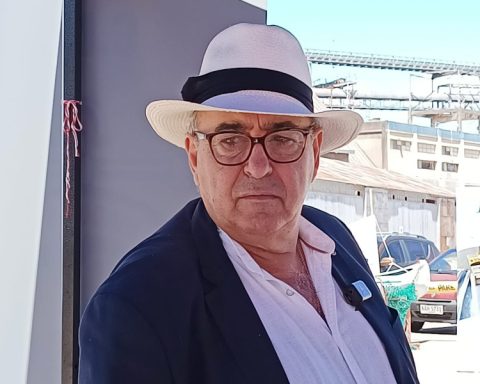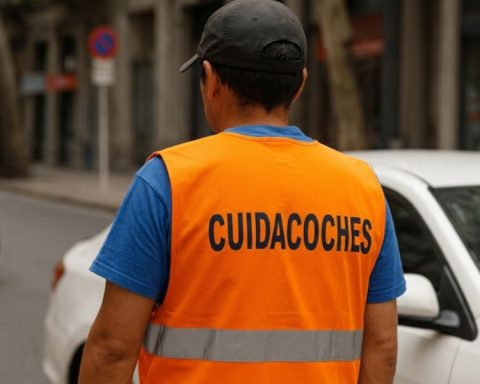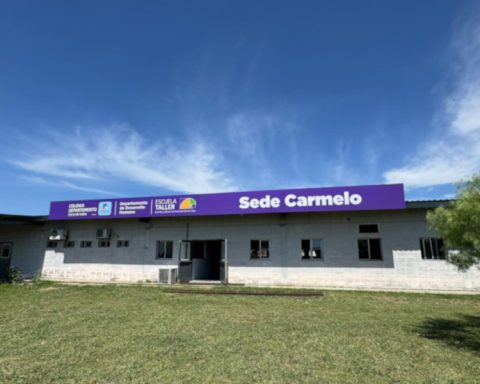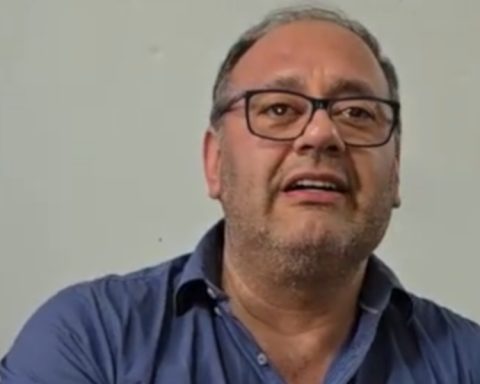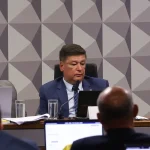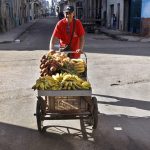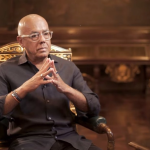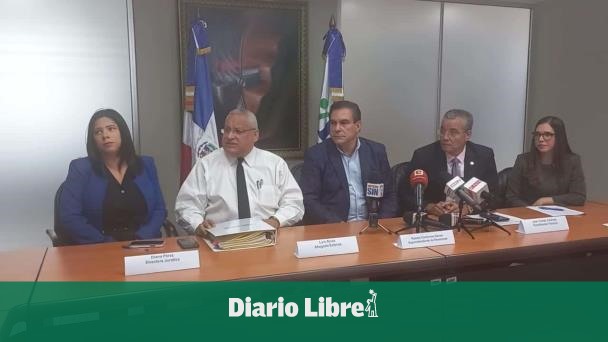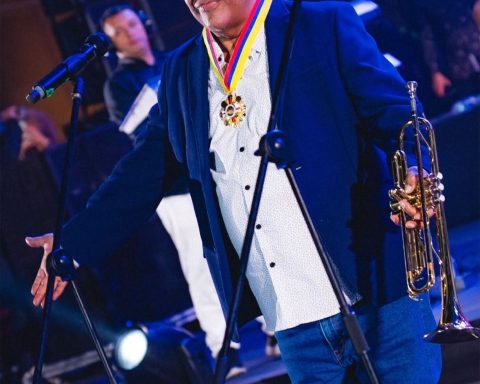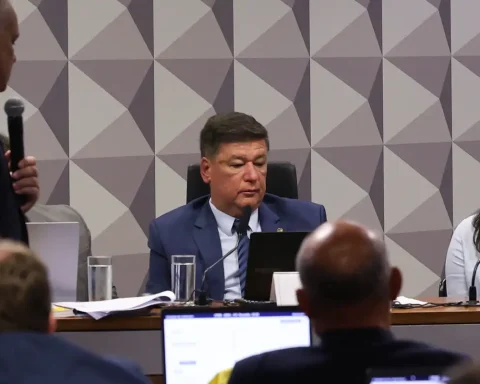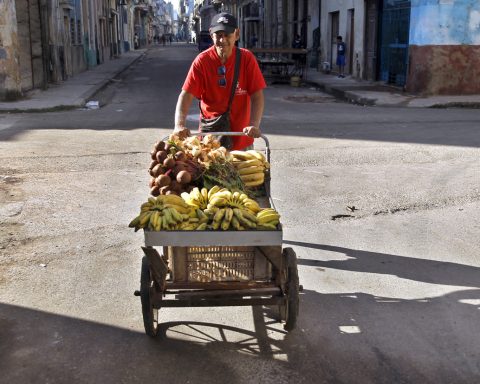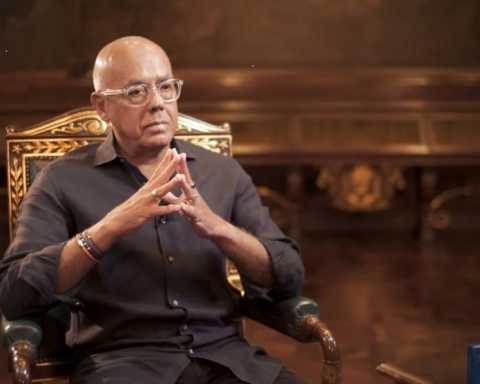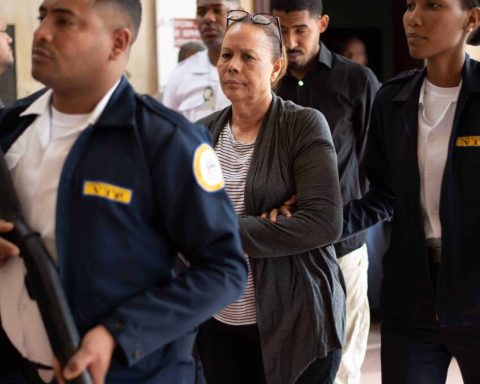This Wednesday the Constitution Commission of the Chamber of Deputies will receive representatives of the organization “Somos Todos Uruguayos”, in a hearing in which the project that establishes the freedom of movement of Uruguayan legal citizens, presented by the nationalist deputy, will be discussed Francisco Capandeguy.
The initiative proposes that legal citizens “in the exercise of citizenship enjoy the same rights and prerogatives as nationals for purposes of identification, diplomatic protection and free movement.” That is, it seeks that the travel documents of legal citizens indicate “the quality of nationals”, and provides that the Executive Power adapt already issued passports to this regulation.
This standard establishes that the regulation around passports is modified for the country to “adjust” these documents to the international standard to which Uruguay adhered in the first place, explained Alexis Ferrand, spokesman for We are all Uruguayansa The Observer.
From 1868 to 2015 in the Civil Code of Uruguay it was said that citizens did not distinguish between nationals and foreigners. Nevertheless, seven years ago international regulations changed and a “nationality” field was included in these documents, which is added to the “country of birth” field.
Uruguay signed this global pact, but it is one of the few countries that does not apply it “correctly”said Ferrand, who is a member of the NGO whose objective is for the identity of Uruguayans to once again appear on passports and identity cards, as was the case before.
According to the civil association website, this problem affects some 35,000 legal Uruguayans.
In this regard, Capandeguy told The Observer that “there is a conglomerate of legal Uruguayan citizens who see their freedom of movement curtailed” by this issue. “There is a fundamental right that the Uruguayan State is restricting; we have to find a solution and it seemed to us that this was the most correct, ”she pointed out, referring to the bill that he presented.
Capandeguy’s initiative is only one of three that are under study to attack the problem of citizenship for immigrants.
Another is a project presented by legislators from the Broad Front (FA), called “Right to Citizenship in Equality”.
For Óscar Amigo, an opposition deputy, the Broad Front project is “wider” because it also has the signature of a representative of each party that makes up the government coalition.
According to the text of the initiative, it seeks to establish that “every citizen without distinctionwhether natural or legal, is member of the nation’s sovereignty and, therefore, of the Oriental Republic of Uruguay”.
The legislator, who is part of the Human Rights Commission of Deputies —where the project is now—, told The Observer that this second initiative, proposed by several Frente Amplio deputies, is “more comprehensive”, since it contemplates the situation of minor children of immigrants, just like him right to vote of Uruguayan citizens abroad.
Although the text presented by the Frente Amplio legislators also bears the signature of representatives of the coalition, Capandeguy stressed that some pro-government deputies showed “interest” in the project. “It does not mean that they will not accompany at the parliamentary level,” he pointed out.
For Amigo, Capandeguy’s project is “limp” and “does not fit the problem that arises.” In his opinion, it provides an “administrative” solution on the modification of a document (the passport), while from the FA they consider that the problems related to citizenship must also be settled from a “conceptual point of view”.
There’s a third project which already aims to change an existing law, No. 16,021 (which had been modified by 19,362 in 2015). This proposal, which was delivered to President Luis Lacalle Pou at the end of April this year, seeks naturalize minor children of those who are recognized as natural citizens and who have obtained legal citizenship before the Electoral Court.
On the other hand, the requirements to be a legal citizen are established.
• Foreign men and women “of good conduct”, with a family established in the Republic, who have “some capital in circulation or property in the country” or profess “some science, art or industry” and have three years of “habitual residence ” in national territory.
• Foreign men and women “of good conduct”, without established families, who have “some of the qualities” mentioned in the previous paragraph and have lived for five years.
• Foreign men and women “who obtain a special grace from the General Assembly for notable services or relevant merits”.
According to this same article, the rights inherent in legal citizenship They may not be exercised by foreigners included in the first two paragraphs until three years after the granting of the citizenship card.
